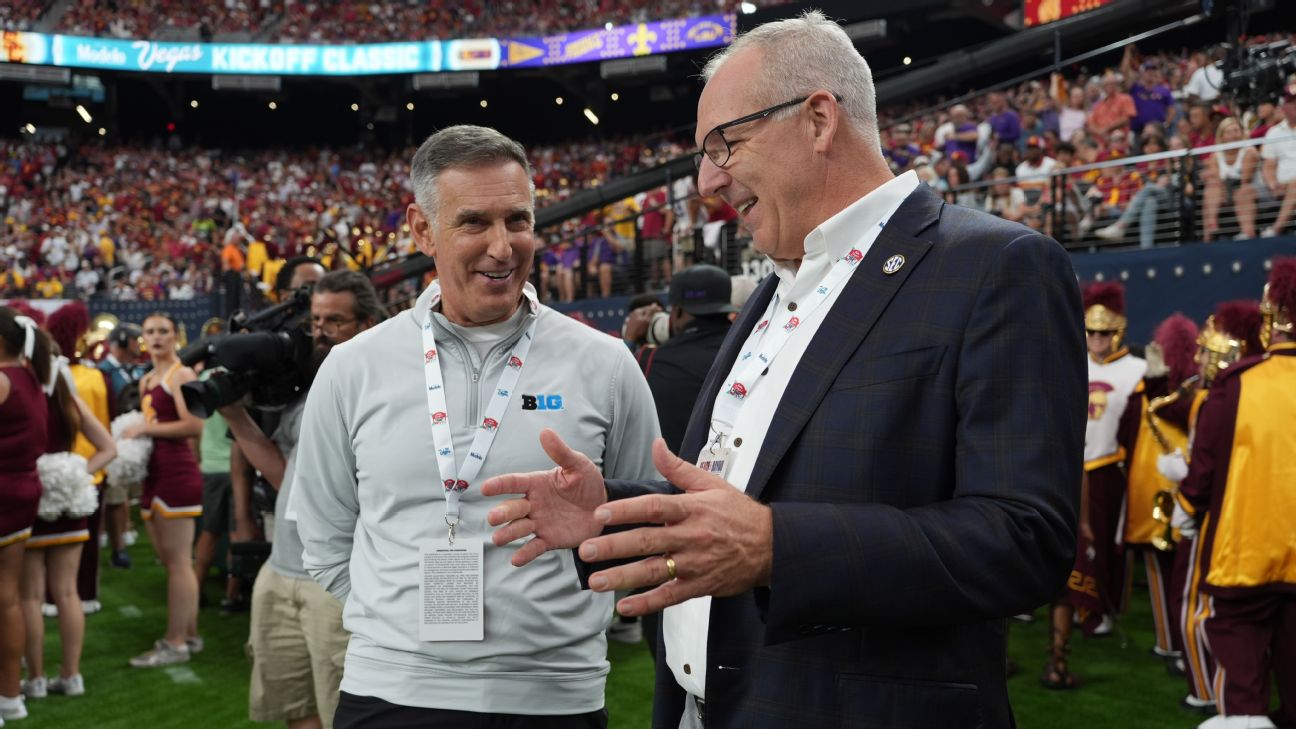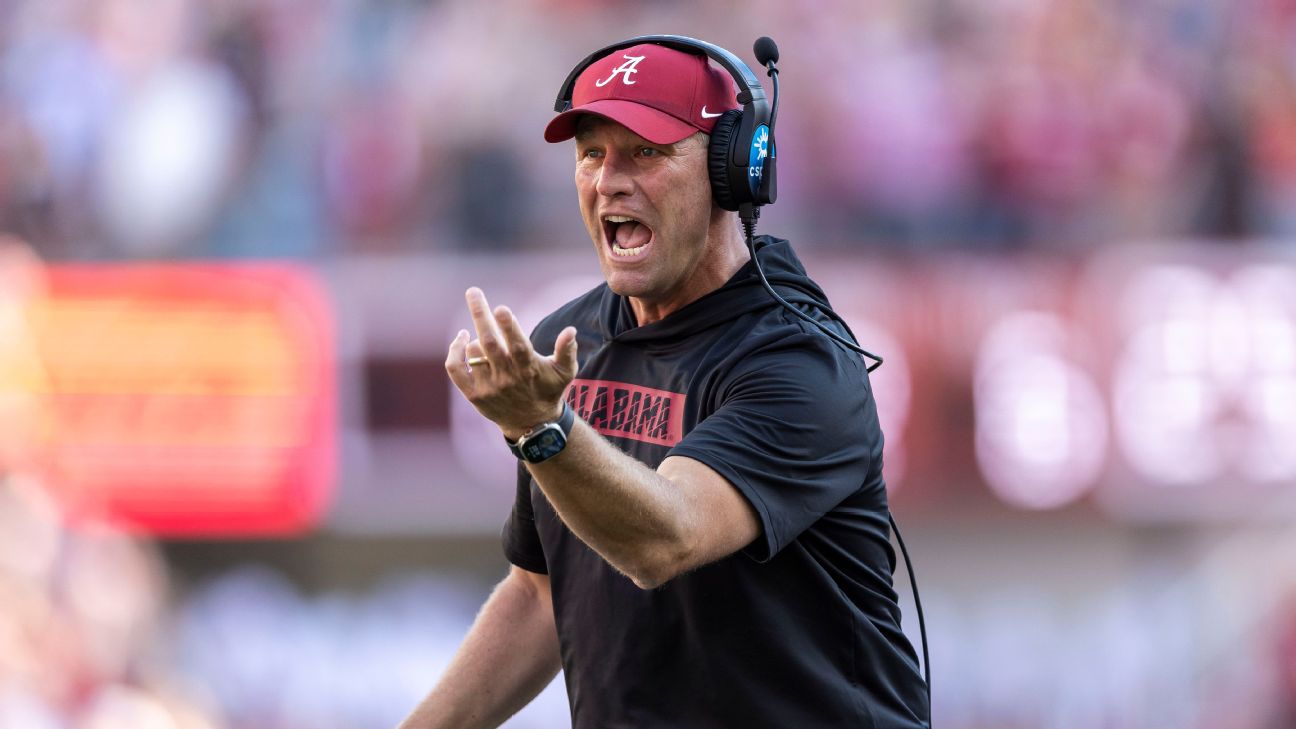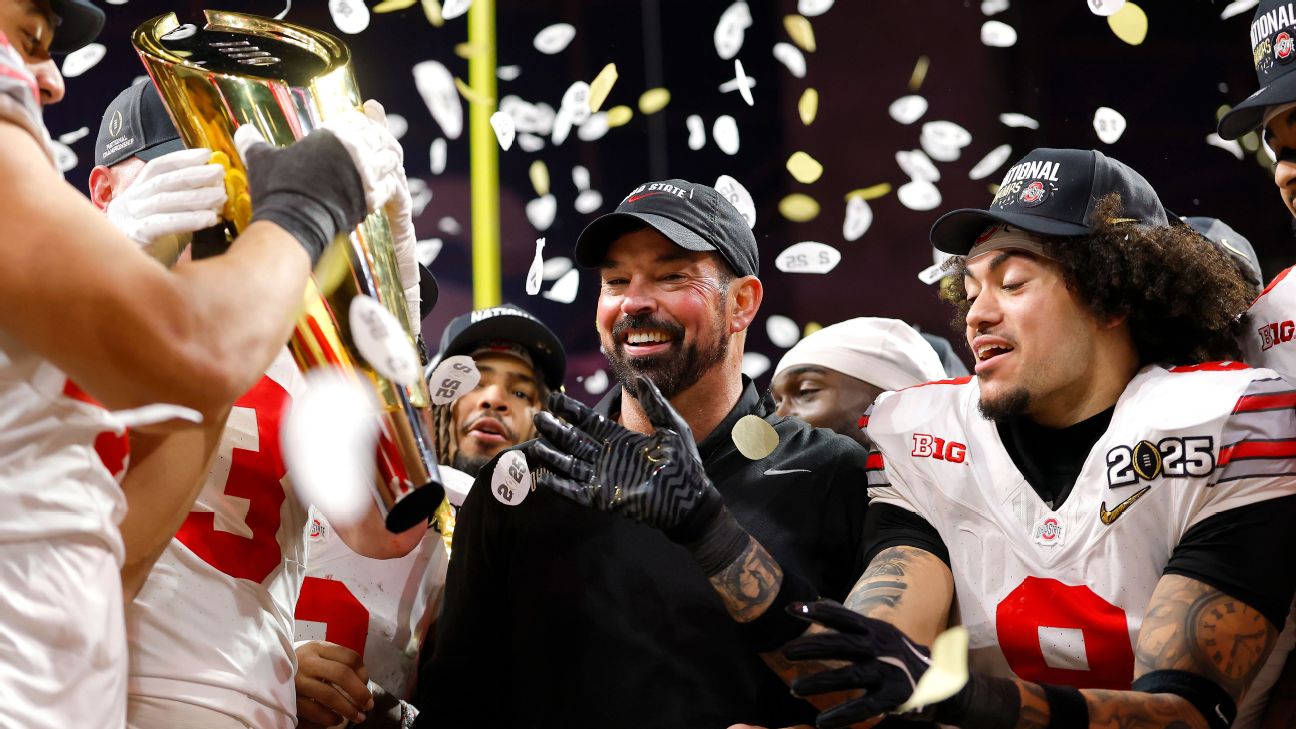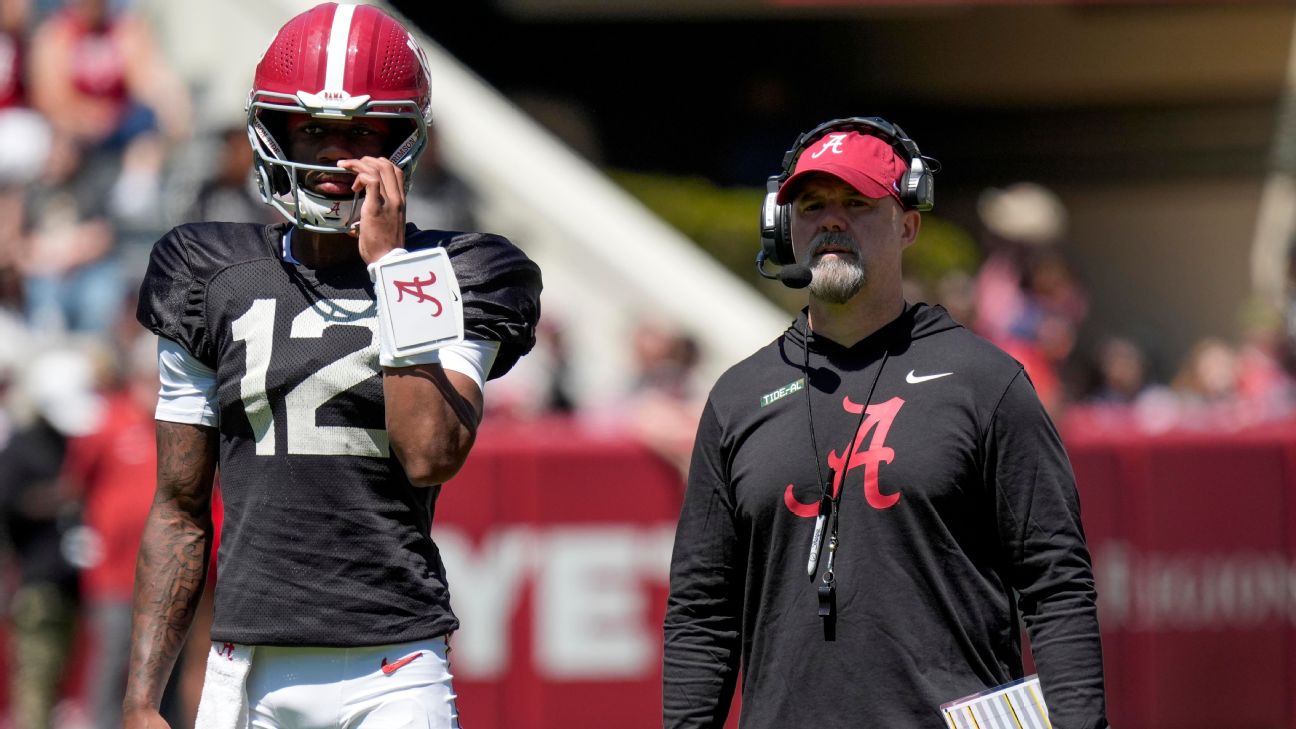Is a Commissioner the Key to the Future of College Football?
Exploring the potential need for a centralized commissioner in college football to address leadership and structural challenges.

The Need for Central Leadership in College Football
The debate over whether college football requires a commissioner has been ongoing for decades. With the release of Bill Connelly's book "Forward Progress: The Definitive Guide to the Future of College Football" on September 2, 2025, the discussion has gained renewed momentum. Connelly, a seasoned ESPN writer, delves into the historical parallels and modern complexities that suggest a centralized leadership figure could be the solution to the sport's persistent issues.
Historical Precedents
The concept of a commissioner isn't new. In 1920, professional baseball faced a crisis with the Black Sox scandal, leading to the appointment of Judge Kenesaw Mountain Landis as the first baseball commissioner. Landis's tenure, marked by decisive actions and a commitment to the sport's integrity, set a precedent for centralized leadership in professional sports. His role in banning players involved in the scandal, despite their acquittal in court, underscored the importance of a figure who could act in the best interest of the game.
Modern Challenges in College Football
Today, college football grapples with issues such as conference realignment, the College Football Playoff (CFP) selections, and the complexities of Name, Image, and Likeness (NIL) regulations. The lack of a unified leadership structure has led to fragmented decision-making, where individual conferences and institutions often prioritize their interests over the sport's overall health.
Voices Calling for Change
Prominent figures in college football have long advocated for a commissioner. Nick Saban, the legendary Alabama coach, has emphasized the need for someone to oversee the sport's best interests rather than individual conference agendas. Similarly, UCLA head coach Chip Kelly proposed a comprehensive restructuring of the sport, including a collective television contract and revenue sharing with players.
Potential Benefits of a Commissioner
A commissioner could provide a centralized authority to address issues like player welfare, fair competition, and long-term strategic planning. By ensuring that decisions are made with the sport's best interests in mind, a commissioner could help mitigate the growing divide between powerhouse programs and smaller institutions.
Challenges and Considerations
However, the implementation of a commissioner role is not without challenges. The sport's decentralized structure, with power distributed among conferences and the NCAA, makes it difficult to establish a centralized authority. Additionally, the potential for a commissioner to reinforce existing power dynamics rather than address them is a significant concern.
The Path Forward
As college football continues to evolve, the conversation around a commissioner remains relevant. Whether through the College Football Playoff or a new governing body, the sport may need to explore innovative solutions to ensure its future success. Bill Connelly's insights in "Forward Progress" offer a compelling case for why a commissioner could be the key to navigating the complexities of modern college football.































